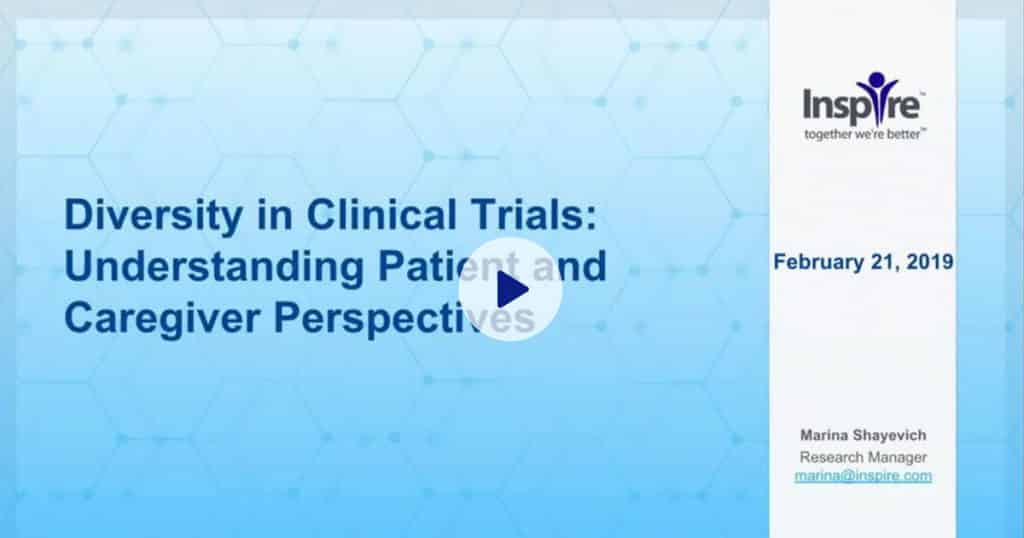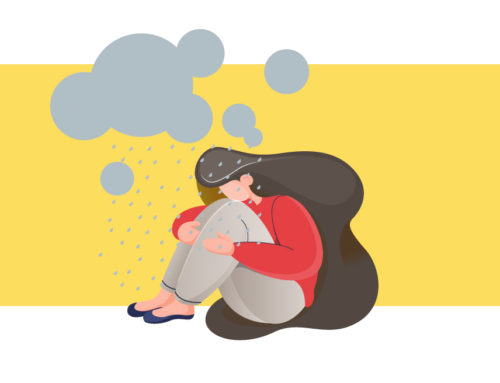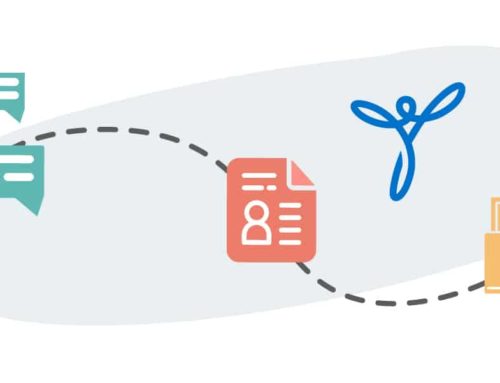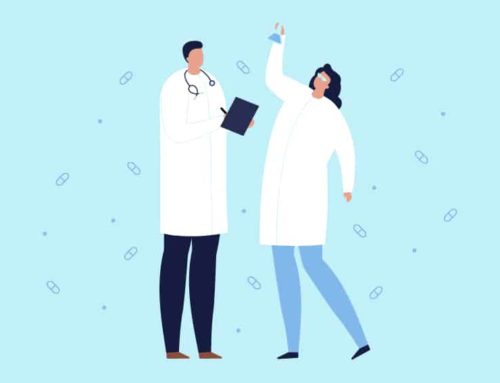Participation is Personal: Community Outreach Impacts Clinical Trial Diversity
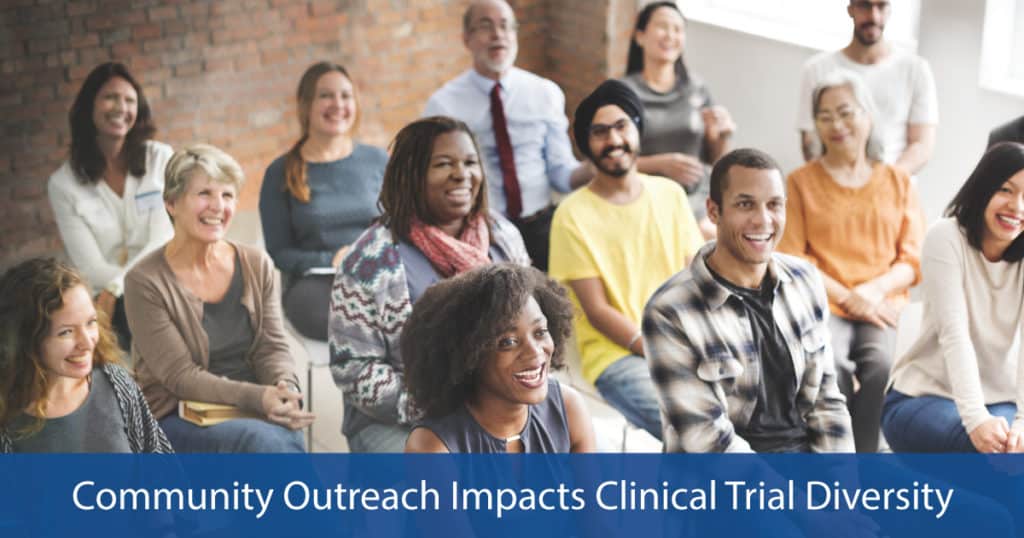
By Kathleen Hoffman, PhD, MSPH
Despite FDA policy initiatives over the last few decades, certain groups continue to be unnecessarily underrepresented in many clinical trials.1 The Yale Center for Clinical Investigation (YCCI) at the Yale School of Medicine is tackling this problem with local resources.
Since its inception in 2005, part of YCCI’s mission has been to: “…Strengthen the infrastructure that connects clinical research teams with practitioners, community health clinics, and community stakeholders throughout Connecticut, reaching out in particular to diverse populations including children, women, the elderly, and underserved minorities.”2 It so happens that New Haven, Yale’s location, is an ideal environment for testing ideas for diversifying clinical trials.
Within the city’s estimated population of 130,500 people, 33% identify as African American, 30.3% as Latino or Hispanic, and 4.7% Asian;3 these are among the groups of people that the Commonwealth Fund, a non-profit founded in 1918 to improve the quality and accessibility of US health care, describes as “less likely to receive preventive health services and often receive lower-quality care. They also have worse health outcomes for certain conditions.” 4
YCCI recognized that everyone in both the Yale and greater New Haven communities seemed to ride the Yale shuttle buses, and took advantage of that unique (and relatively inexpensive) venue by initiating a recruiting campaign in the form of transit ads. YCCI placed ads for its “Help Us Discover” recruitment campaign on Yale’s entire fleet of shuttle buses that travel around the city as well as to surrounding towns. Since 2014, the Help Us Discover campaign has expanded to include posters, brochures, newspaper ads, radio spots, transit ads, Internet banners and community health fairs.
However, posters can’t heal a damaged relationship. To improve enrollment, YCCI had to acknowledge and overcome the connotation of past abuses that clinical trials carry with them among underserved populations. YCCI and two of the communities are addressing this problem both culturally and interpersonally through the YCCI Cultural Ambassadors program.
YCCI partnered with Junta for Progressive Action and the African Methodist Episcopal Zion (AME Zion) Church to create and sustain an interpersonal relationship between researchers and community leaders as part of bridging the information and trust gap existing between sponsors and potential participants.5 Two of the YCCI Cultural Ambassadors, Reverend Dr. Leroy O. Perry, Jr., Pastor, St. Stephens AME Zion Church and Reverend Elvin Clayton, Pastor, Walter’s Memorial AME Zion Church, recently spoke about their experiences on the Tom Ficklin Radio Show, broadcast on New Haven Community Radio WHNN-LP and available online.
Reverend Perry said, of YCCI, “[Initially]…we had our doubts. Our community was always skeptical that this kind of research had to do with being a guinea pig, of being taken advantage of,” referencing past abuses of people of color in science. “Our coming together [in 2009] was to explore the myth and the reality of clinical research and how it might affect our community. One of the things that helped me was [learning] that there are [now] a lot of IRBs and precautions in place, and there was new research being done on people with diabetes, on people with sickle cell, on people with heart problems… and people of our community and the faith community were suspect of [people who were trying to recruit them].” The information had to come from a trusted source to be accepted. “It’s a word-of-mouth movement, it’s a grass-roots movement for us.” 6
Information only becomes actionable when it comes from a trustworthy source. Inspire’s health member community serves as a peer-to-peer trustworthy resource of almost two million real-world patient and caregiver experiences. Recruiters and Clinical Trial Managers who want to effectively influence prospective participants can learn about their language, needs, and concerns by conducting research with Inspire.
Inspire offers a trusted community to patients and caregivers. Our goal with this blog, this website and our content is to provide the life science industry access to the true, authentic patient voice. In so doing, we support faithful operationalization of patient-centricity. Take a look at our case studies, eBooks and news outlet coverage.
References
1 https://www.fda.gov/regulatory-information/search-fda-guidance-documents/enhancing-diversity-clinical-trial-populations-eligibility-criteria-enrollment-practices-and-trial
2https://medicine.yale.edu/ycci/about/mission/
3https://www.census.gov/quickfacts/newhavencityconnecticut
4https://www.commonwealthfund.org/publications/newsletter-article/2018/sep/focus-reducing-racial-disparities-health-care-confronting
5https://medicine.yale.edu/ycci/news/summit/speakers/ambassadors/
6https://tomficklin.blogspot.com/2020/01/tom-ficklin-radio-show-cultural.html

